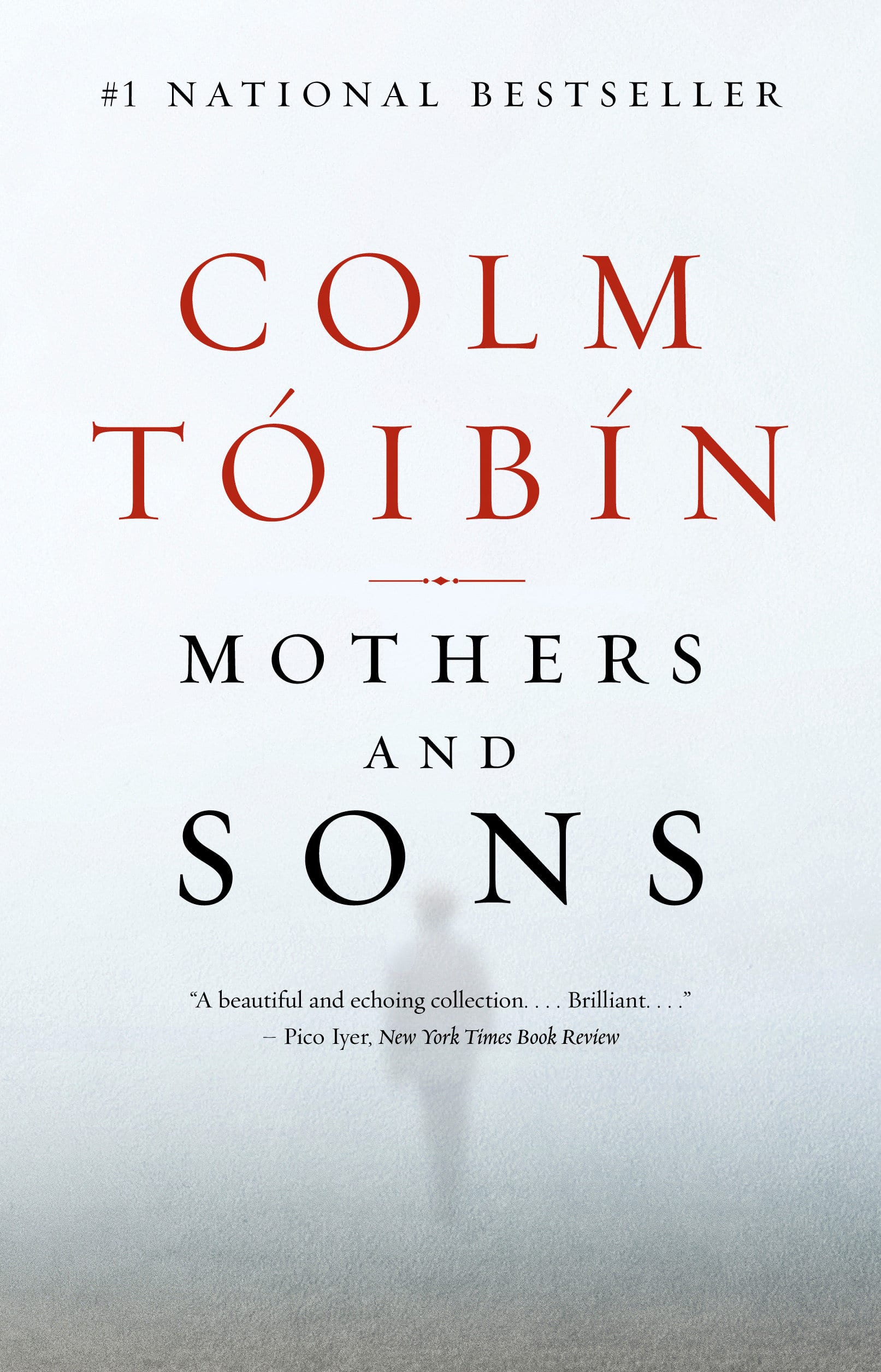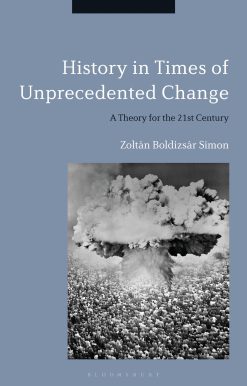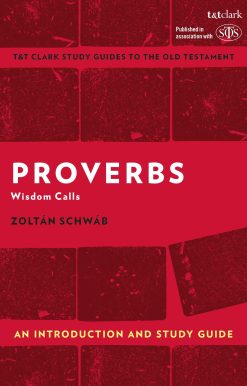Mothers and Sons:
21.00 JOD
Please allow 2 – 5 weeks for delivery of this item
Description
From the internationally celebrated author of The Master, winner of the 2006 International Dublin Literary Award. Mothers and Sons is a deeply penetrating and beautifully written meditation on the dramas surrounding this most elemental of relationships. Each of the nine stories focuses on a moment in which an unspoken balance shifts; in which a mother or son do battle, or experience a sudden crisis, thus leaving their conception of who they are subtly or seriously altered. A son buries his mother and goes out to a drug-fuelled rave on a remote beach near Dublin. A mother sings about treacherous love to a rapt crowd of musicians in a local pub. And in “A Long Winter,” Colm Tóibín’s finest piece of fiction to date, a man goes searching for his mother in the snow-covered Pyrenees. Psychologically intricate and emotionally incisive, each finely wrought story teases out the delicate and difficult strands woven between mothers and sons. This is an acute, masterful, and moving collection that confirms Tóibín as a great prose stylist of our time.
Additional information
| Weight | 0.30 kg |
|---|---|
| Dimensions | 2.03 × 13.46 × 3.81 cm |
| by | |
| Format | Paperback |
| Language | |
| Pages | 320 |
| Publisher | |
| Year Published | 2008-1-8 |
| Imprint | |
| Publication City/Country | Canada |
| ISBN 10 | 077108532X |
| About The Author | COLM TÓIBÍN is an internationally acclaimed, award-winning author of many novels, including The Blackwater Lightship, The Master, and The Testament of Mary, all three of which were nominated for the Booker Prize. The Master also won the DUBLIN Literary Award, Le Prix du meilleur livre etranger, and the Los Angeles Times Book Prize for Fiction. Brooklyn, winner of the Costa Novel Award, and finalist for the DUBLIN Literary Award, was made into an Oscar-nominated film in 2015. Nora Webster was a New York Times bestseller and was shortlisted for the Rathbones Folio Prize. He is also the author of many short stories and works of non-fiction. He mainly lives in Dublin, Ireland. |
“A beautiful and echoing collection. . . . Brilliant. . . .” —Pico Iyer, New York Times Book Review“A deeply satisfying and memorable read.” —Globe and Mail“In Mothers and Sons, every relationship between mother and son is fraught, potent, loaded with volatile material and rich in hidden structure.” —Times Literary Supplement“[Tóibín has] the extraordinary gift of making perennial matters of family life feel mesmerizingly new, and of epic significance. . . .” —National Post “Tóibín’s genius is that he makes it impossible for us to walk away.” —New Yorker“Tóibín relentlessly strives for psychological truth and ends up making literature of a pleasingly grown-up kind. . . . He is a subtle, intelligent and deeply felt writer.” —The Guardian“Tóibín is a writer of extraordinary emotional clarity . . . these are beautiful stories, beautifully crafted.” —Literary Review“Colm Tóibín is a master of emotion.” —Observer“Astonishing. . . . A rich but supple prose style seals each story’s—and thus the collection’s—absolute success.” —Booklist (starred review)“Characterization, dialogue, controlled narrative and scenic description are expertly blended throughout, often to stunning emotional effect.” —Kirkus Reviews“Profoundly resonant stories.” —The Times“Tóibín has an ability to encapsulate an entire community in just a few words. . . . Add to that Tóibín’s fearlessness, his seemingly effortless command of dialogue and character and his sensitivity to nuance, and the result is a powerful and winning collection.” —Winnipeg Free Press |
|
| Excerpt From Book | On the Monday, when the others had gone to the hotel for lunch, Fergus stayed alone with his mother’s body in the funeral parlour. She would, he knew, have so far enjoyed her own funeral. The hush of conversation with old friends, the conjuring up of memories, the arrival of people she would not have seen for years, all of this would have put a gleam into her eyes. But she would not, he thought, have enjoyed being alone now in the shadowy candlelight with her son, all the life gone out of her. She was not enjoying herself now, he thought.He was tempted to whisper to her some words of comfort, to say that she would be all right, that she was at peace. He stood up and looked at her. Her dead face had none of her live face’s softness. He hoped some day he would be able to forget what she looked like as she lay inert in her coffin, with faint traces of an old distress behind the mask of stillness and peace and immobility. The undertakers or the nurses who had laid her out had made her chin seem firmer and more settled, almost pointed at the end with strange creases. If she spoke now, he knew, her old chin would come back, her old voice, her old smile. But that was all gone now; anyone seeing her for the first time would never know her. She was beyond knowing, he thought, and suddenly realized that he was going to cry.When he heard the noise of feet outside, a man’s heavy shoes against the concrete, he felt almost surprised that someone should come now to break his vigil with her. He had been sitting there as though the door were closed and he could not be disturbed.The man who appeared was middle-aged and tall; he walked with a slight stoop. He had a mild, modest look; Fergus was sure that he had never seen him before. He paid no attention to Fergus as he moved towards the coffin with a stiff reverence, blessing himself, and then reaching down gently to touch the dead woman’s forehead. He had the look of someone from the town, not a neighbour, Fergus felt, but someone she must have known years earlier. Being on display like this, being touched by anyone who came, would, he knew, have horrified his mother, but she had only a few more hours of it before the coffin would be closed and taken to the cathedral.The man sat down beside him, still watching his mother’s face, gazing at it as though waiting for it to do something in the flickering candlelight. Fergus almost smiled to himself at the idea of telling the man that there was no point in looking at her so intensely, she was dead. The man turned to him as he blessed himself again and offered his large hand and his open-faced sympathy.‘I’m very sorry for your trouble.’‘Thank you,’ Fergus replied. ‘It was very good of you to come.’‘She’s very peaceful,’ the man said.‘She is,’ Fergus replied.‘She was a great lady,’ the man said.Fergus nodded. He knew that the man would now have to wait for at least ten minutes before he could decently go. He wished that he would introduce himself or give some clue about his identity. They sat in silence looking at the coffin.As the time elapsed, it seemed odd to Fergus that no one else came. The others surely would have finished at the hotel; his mother’s friends had come all morning, and some relatives. It made no sense that all of them had left this gap for Fergus and a stranger to sit so uneasily beside each other for so long. This stretch of time appeared to Fergus to belong to a dark dream which took them out of all familiar elements into a place of dim, shimmering lights, uncomfortable silence, the unending, dull and neutral realm of the dead. As the man cleared his throat, Fergus glanced at him and saw in his dry skin and his pale face further evidence that these minutes did not belong to ordinary time, that they both had been dragged away by his mother’s spirit into a place of shadows. |
Only logged in customers who have purchased this product may leave a review.
Related products
-
On backorder 2-5 Weeks to Arrive
History in Times of Unprecedented Change: A Theory for the 21st Century
Author: Zoltán Boldizsár SimonPaperback
29.99 JOD -
On backorder 2-5 Weeks to Arrive
7.99 JOD -
Low stock
17.99 JOD -
On backorder 2-5 Weeks to Arrive
10.99 JOD






Reviews
There are no reviews yet.